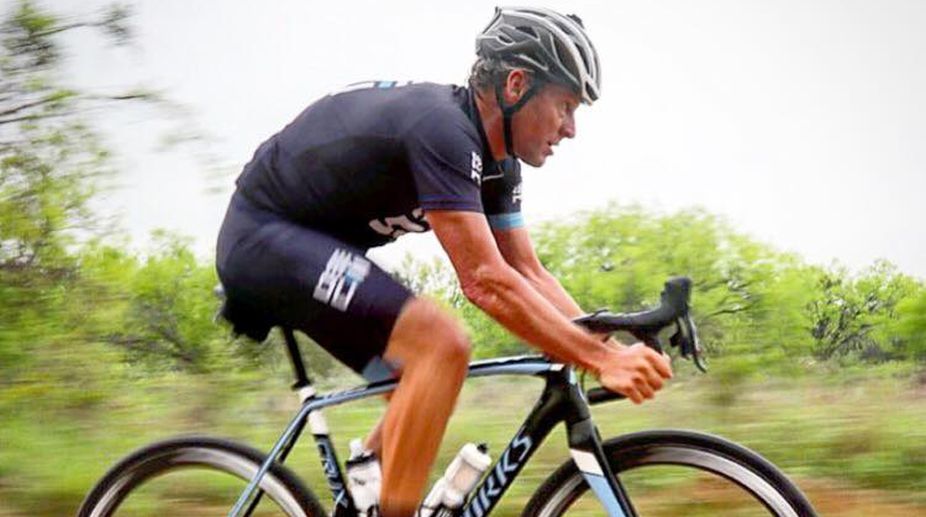Lance Armstrong says he was ‘probably 21’ when he first doped
Armstrong turned 22 just a month after becoming 1993 road race world champion, having turned professional just a season prior.

Lance Armstrong (Photo: Facebook)
Lance Armstrong has agreed to pay 5 million in order to settle the looming federal fraud case stemming from his drug-fuelled reign as king of the Tour de France, it was confirmed.
The former cycling superstar was due to face a trial next month over claims he defrauded the US government when he doped while racing for his United States Postal Service-sponsored team.
The Postal Service and former team-mate Floyd Landis had sought around 100 million in damages from Armstrong in the case, which was due to get under way on May 7.
Advertisement
However the prospect of a ruinous judgement going against the cancer survivor was averted after Armstrong’s lawyers and the US Justice Department brokered a settlement.
“No one is above the law,” US Justice Department lawyer Chad Readler said in a statement announcing the deal.
“This settlement demonstrates that those who cheat the government will be held accountable.”
Armstrong’s attorney Elliot Peters said in a statement the settlement “ends all litigation against Armstrong related to his 2013 admission that during his career as a professional cyclist he had used performance enhancing substances.”
The Washington Post reported Armstrong will also pay 1.65 million to cover the legal costs of former team-mate and whistleblower Landis.
“I am glad to resolve this case and move forward with my life,” Armstrong, 46, said in a statement.
“I’m looking forward to devoting myself to the many great things in my life – my five kids, my wife, my podcast, several exciting writing and film projects, my work as a cancer survivor, and my passion for sports and competition. There is a lot to look forward to.”
– ‘Full responsibility’ –
=========================
Although Armstrong maintained he believed the US Postal case was “without merit and unfair” he said he was pleased to have settled.
“I have since 2013 tried to take full responsibility for my mistakes, and make amends wherever possible,” he said, reflecting with pride on his performances in a US Postal jersey.
“I rode my heart out for the Postal cycling team, and was always especially proud to wear the red, white and blue eagle on my chest when competing in the Tour de France.
Those memories are very real and mean a lot to me.” Armstrong’s personal fortune had been estimated at around 125 million in 2012.
But since his dramatic fall, he has lost lucrative sponsorship deals and in 2015 was ordered to pay back 10 million in bonus payments given to him by Dallas-based SCA Promotions relating to his Tour wins in 2002, 2003, and 2004.
The Washington Post reported he had recently listed his home in Austin, Texas for sale at 7.5 million.
The fallen US cycling star had battled back from cancer to win cycling’s most prestigious race, the Tour de France, a record seven consecutive times between 1999 and 2005.
Although rumours of drug use swirled around Armstrong throughout his career, he never failed a test.
However his reputation imploded when the United States Anti-Doping Agency wrapped up an investigation which concluded he had been at the heart of a sophisticated doping program throughout his career.
Armstrong later confessed to using performance-enhancing drugs and was banned from all competitions for life and stripped of his seven Tour titles.
Advertisement